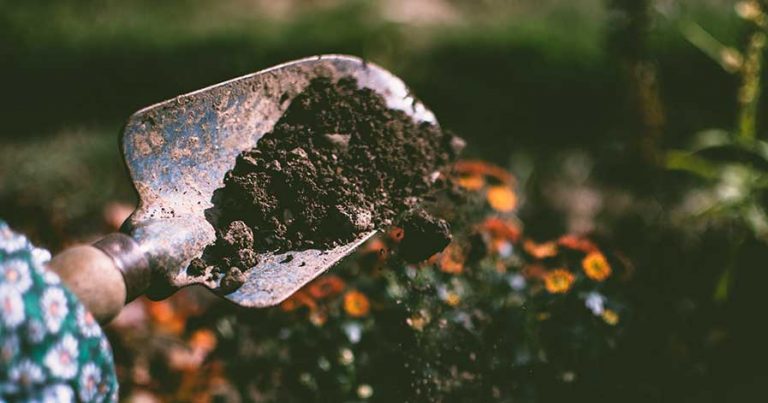Learn How to Compost and Help the Planet
It's Simple Once You Know How
Composting, the controlled decomposition of yard and household organic waste, is increasingly popular among today's homeowners. Besides diverting organic waste from our landfills (the Environmental Protection Agency estimates that yard and household organic residuals constitute 24 percent of the United States' solid waste stream), composting biodegradable household waste creates a useful organic fertilizer that improves the quality of garden soil and promotes the health of your plants.
Composting Basics
Home composting can easily be accomplished in backyards using either an enclosed bin or an open pile; many cities even hold composting workshops. Inside the compost material, decomposition is fueled by microscopic organisms that devour and recycle the organic waste. Many household waste items can be composted, including grass clippings, leaves, landscape trimmings and fruit and vegetable scraps. Meat and dairy scraps should be avoided to reduce odor and pest problems. Simply add your materials to the bin or pile, turn the compost occasionally to incorporate air, and keep the material moist, but not wet. In two to three months, you will know that your organic compost is "done" when the material becomes dark brown and crumbly with an earthy aroma.
Composting Equipment
The simplest home composting method is to create a pile, but commercial compost bins are readily available at your home and garden store and other sources. Homemade bins are fairly easy to construct with scrap wood; even a garbage can with holes punched in it will suffice.
Find a location in your yard with good air circulation and drainage; you may also wish to choose a place out of view from neighbors and your windows. The ideal size for a compost pile is about 3 feet by 3 feet by 3 feet, as this allows for optimal air circulation while encouraging the heat buildup required for the transformation of waste into compost. The only other equipment necessary for home composting is a shovel and a water source.
Worm Composting
Vermicomposting is a specific type of composting that uses earthworms in the composting process. Also known as worm composting, vermicomposting requires a bit more effort but produces results faster than regular composting. One pound of red wiggler worms, the type used in vermicomposting, can eat up to one-half pound of organic waste daily, and their castings create an excellent garden fertilizer. Worms require a warmer location to perform their composting, so many homeowners keep their worm compost bins in their basement or another protected location.

